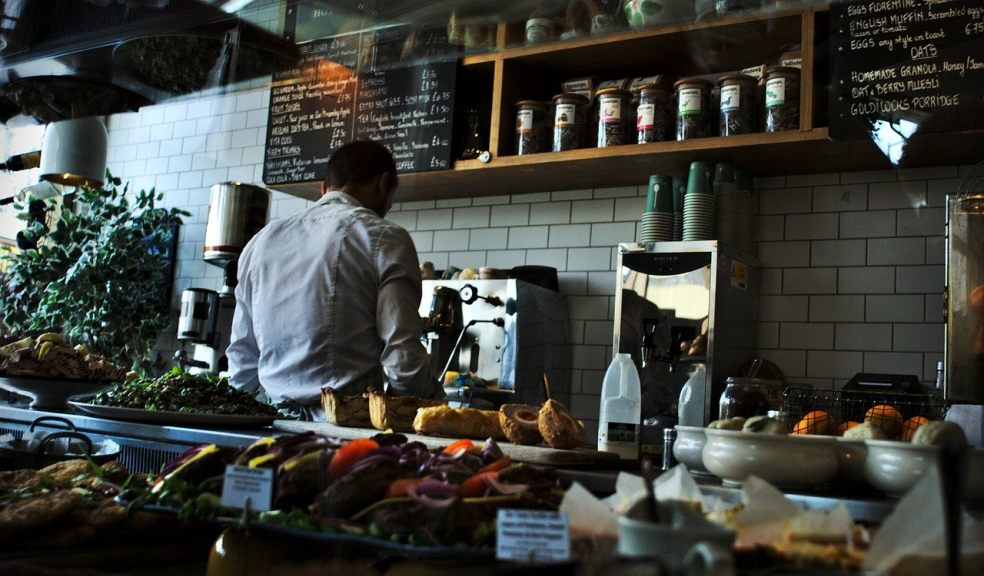
Tips for starting your own catering business
Starting your own business is an exciting leap. Not only do you get to be your own boss, but you’ll likely be setting up something that you’re passionate about. Catering is an especially in-demand business (pandemic aside) as there are no shortages of events and meetings that require catered food. If you’re interested in setting up your own catering business, below are a few tips to get you started.
Write a Business Plan
Like any business, you’ll need a decent business plan to start the ball rolling. A typical business plan includes the following:
- An executive summary: What is it, and what purpose does it serve?
- Leadership: Who will run the company? How many staff members will you have?
- Market and opportunity: Who are your competitors? Is there a market for your business? Who will you be your target market?
- Products and services: What type of food will you cater? What other services will you provide?
- Operations plan: Just because you work from home doesn’t mean you won’t need operations of some kind. This includes logistics, set-up, management, etc.
- Financial projections: How will your business support itself especially in the first year? What are your income projections for the next 5 years?
Find Your Niche Market
Finding your niche market is one of the most important things to do before you set up your catering business. Narrowing down your niche will also help you succeed as you’ll be creating food for a specific audience rather than stretching yourself too thin. For example, are you interested in providing lunch catering for businesses and conferences? Or do you want to specialize in events like weddings or parties?
Once you’ve identified your niche market, you’ll need to figure out what your audience wants and needs. What are their pain points? What can you provide for this market that other competitors aren’t?
Get Prepared
If you’re new to catering, you’ll want to make sure you’re fully prepared. This includes things like acquiring the necessary equipment, finding employees, developing a marketing plan, obtaining licenses, and even enrolling in an online Level 2 food safety qualification from Essential Food Hygiene so that you’re qualified and up to date on prep safety.
Work Out Your Costs
Working out your costs will be part of your business plan, but it’s important to address this separately as well. Having a well-established budget and knowing how much everything will cost can make or break your business. Some of the costs you’ll need to consider include:
- rent or mortgage
- utilities
- loan repayments
- business insurance and tax
- licenses
- general maintenance
- marketing
- ingredients
- fuel for transport
Register Your Business
Once you’ve finalized your costs, produced your business plan, and made all the necessary preparations, it’s time to register your business! In the UK, this involves going to the HMRC website and deciding whether to set up as a sole trader or a limited company. There are advantages to each, but it will depend on the type of business you want to run. More information can be found on the gov.uk website.













